Apple's latest iOS 26.2 beta is quietly setting the stage for the biggest shake-up to iPhone voice control since Siri showed up. Experts say that buried in the code are hints that EU users could soon ditch Siri for Google Assistant or Amazon Alexa. Not a routine tweak, more like a line in the sand that could change how voice works on Apple devices.
The groundwork in iOS 26.2 looks like Apple's answer to the European Union's Digital Markets Act. Code strings call out "Select Another Default Side Button App" and warn that press and hold might not work if you assign the side button to another app, according to MacRumors. Apple has already shown similar EU-specific flexibility by letting alternative payment apps take over Wallet actions through the side button, as reported by the same source.
Beyond Europe: A glimpse of the global future?
Signs point to an EU-only feature for now, yet the template could shape Apple's strategy elsewhere. Similar pressures are building in other regions, including the United States, 9to5Mac notes. Letting users pick assistants worldwide could ease legal fights before they balloon, according to the same analysis.
There is also money on the table. Much like Apple's search deal with Google, analysts suggest assistant choice could open revenue sharing when users pick ChatGPT, Gemini, or others instead of Siri, industry observers suggest. Compliance that pays for itself is a tidy outcome.
The market impact could be big. Voice platforms would compete on experience, not lock-in, with capabilities, integrations, and speed separating winners from the rest, experts predict. Apple devices become a new battleground for AI assistants.
What comes next in the voice assistant wars
This shift is more than box ticking; it opens the door to a more competitive, user-led approach to voice, analysis indicates. Whether it boosts Apple, challenges it, or lights a fire under everyone, one thing is clear: Siri is no longer the only voice in the room, as observers note.
EU users stand to gain the most in the near term. More freedom, more personalization, and better fits for third-party services and devices, according to the same analysis.
For Apple, it is a test of the integrated approach. Can a tight ecosystem still shine when the door is open, or do users wander to assistants that feel faster or more flexible?
Legally, Apple is moving to satisfy the DMA and avoid fines that could stretch into the billions of euros, experts note. Strategically, it could spark a reinvention, shifting Siri from a reactive helper to a smarter, more proactive companion.
The real measure will be loyalty. Siri's tight integration keeps people, or do they move to alternatives in meaningful numbers? We do not even know how many users switched defaults for mail or maps when given the choice, as 9to5Mac points out. Voice feels more central than those picks.
Either way, the assistant story on iPhone is about to get a lot more interesting, at least for people inside the European Union.







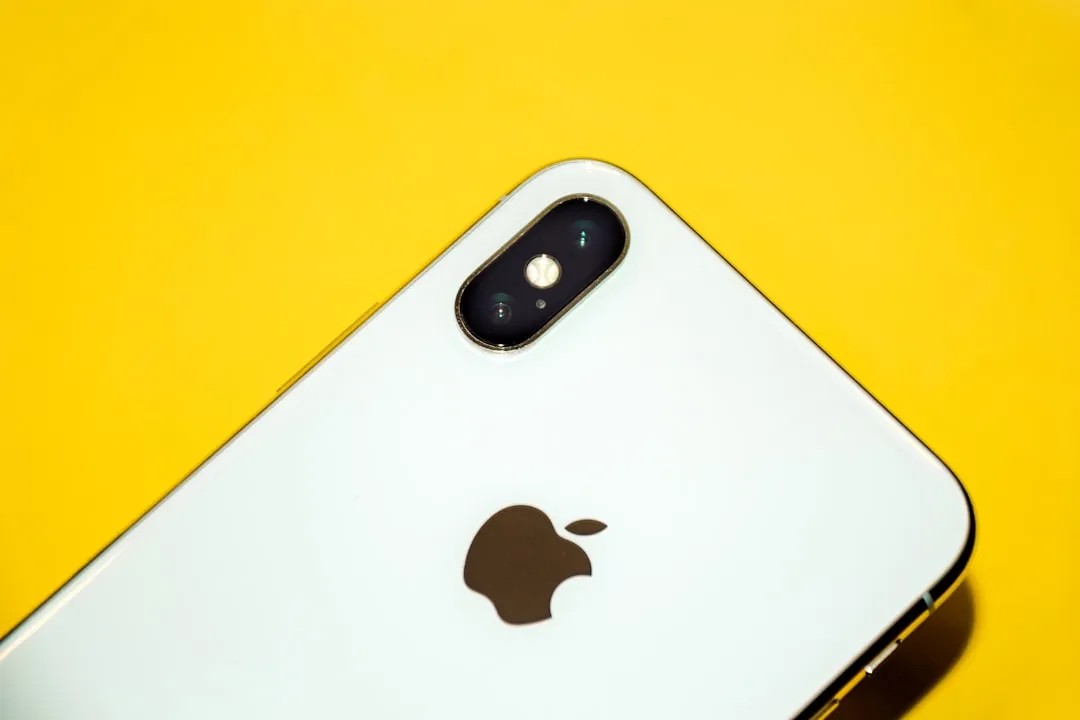

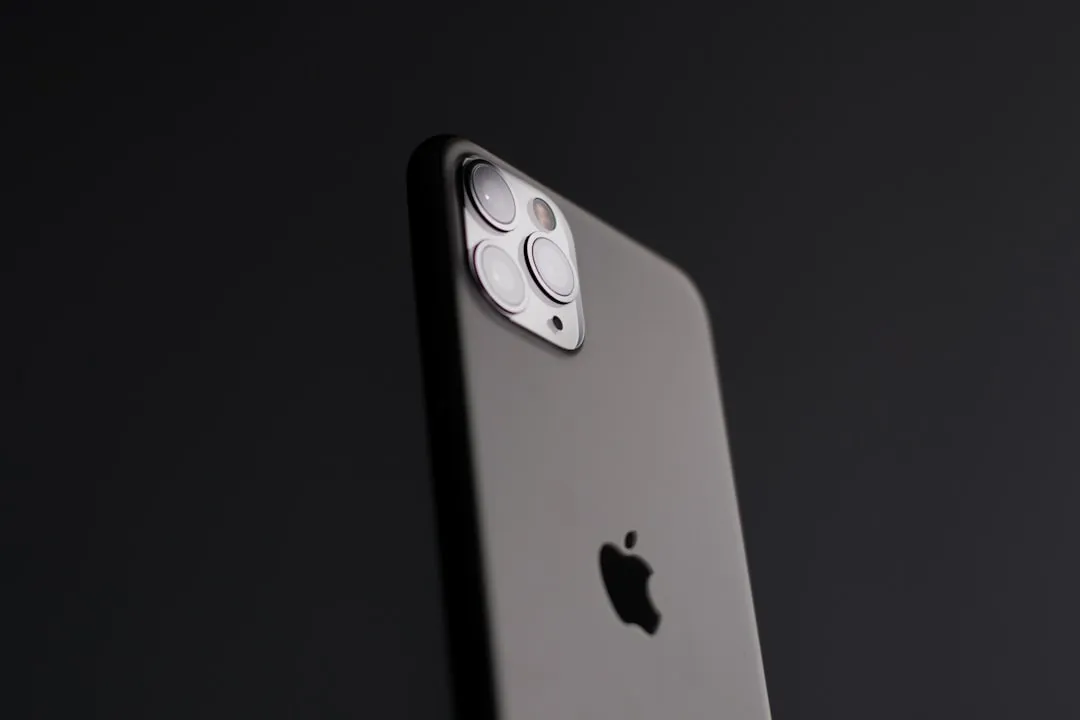


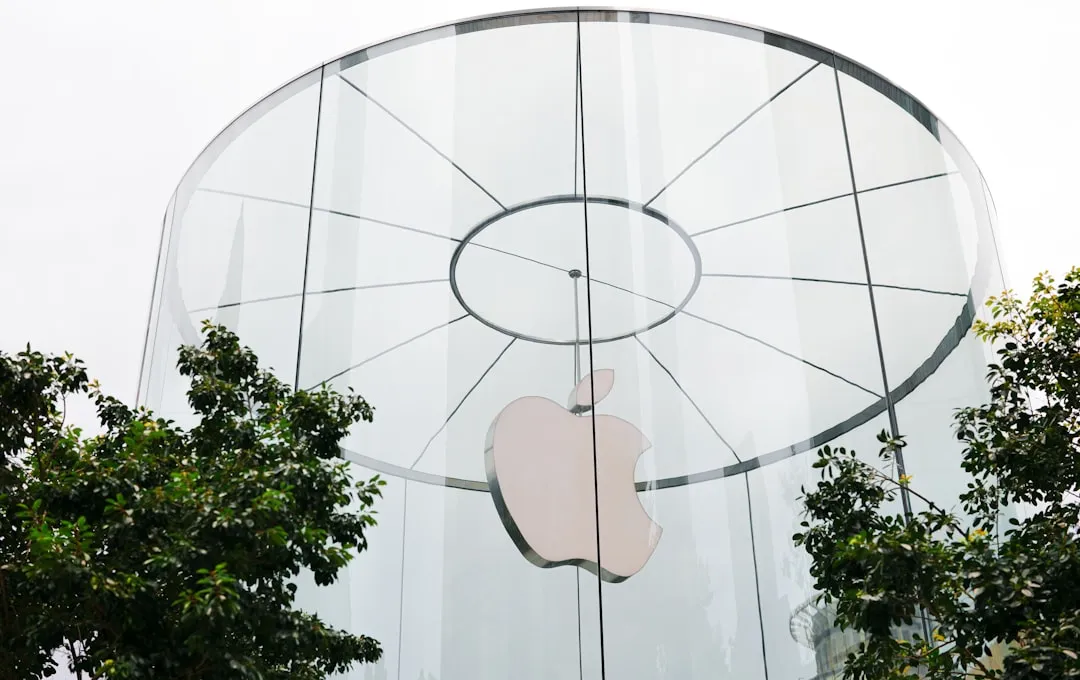
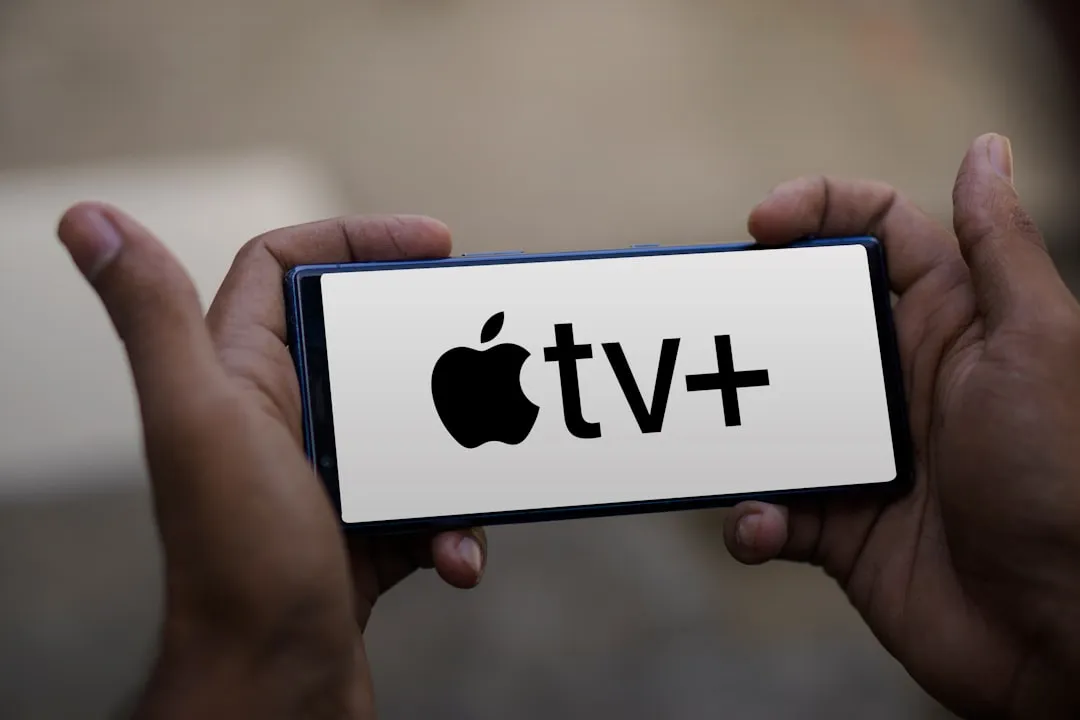
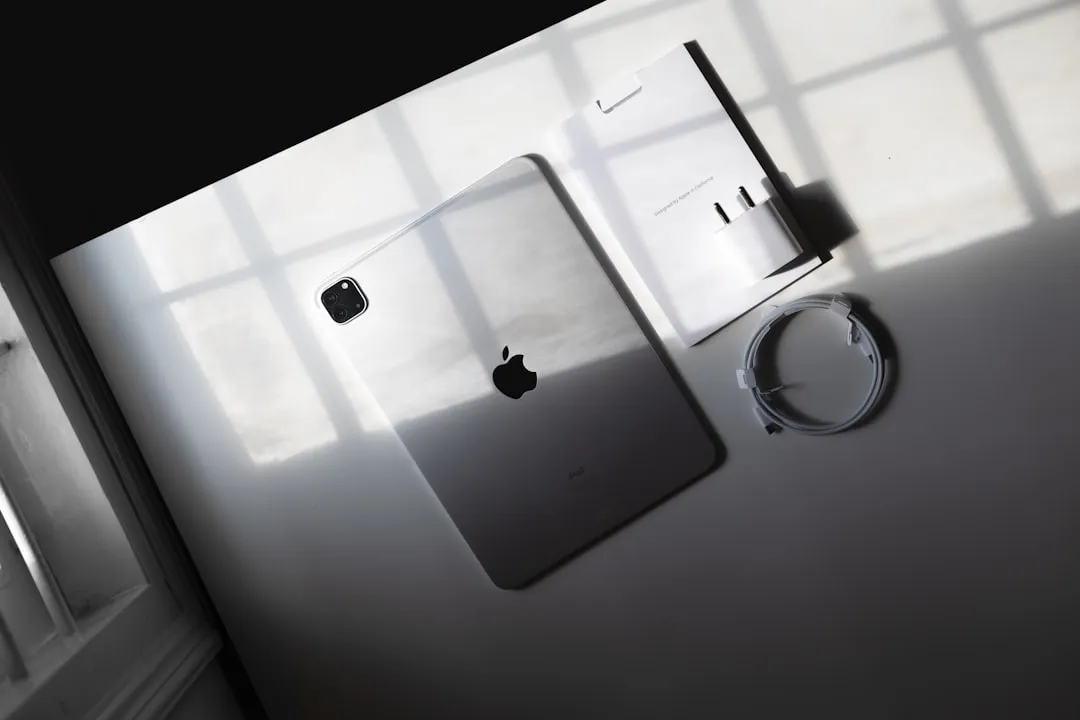

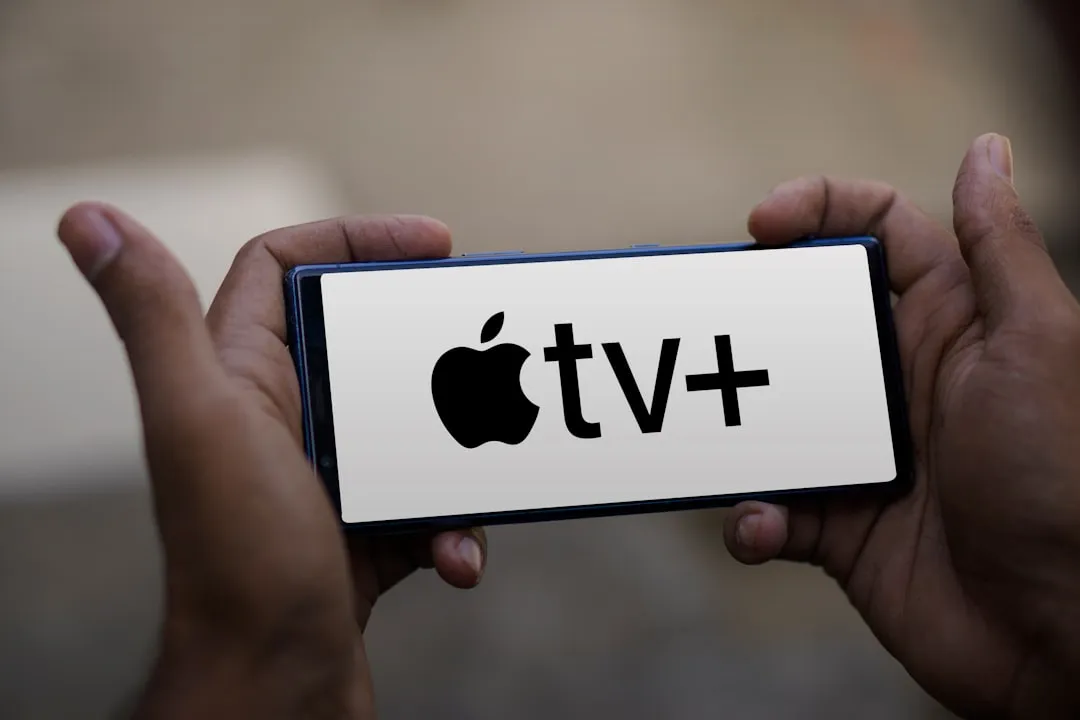

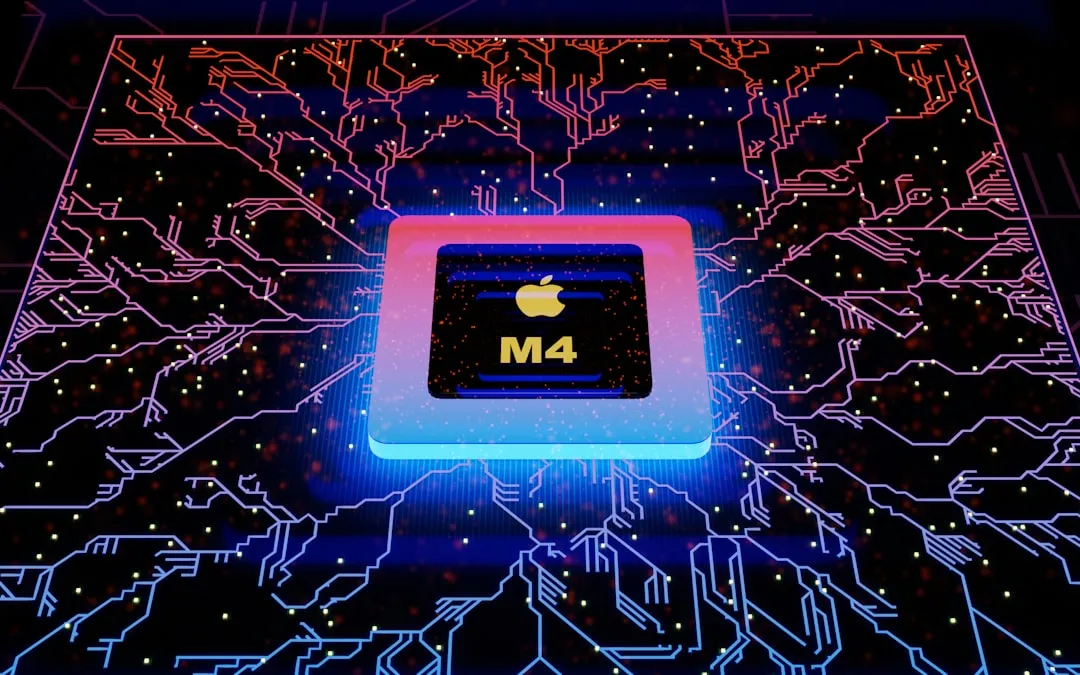
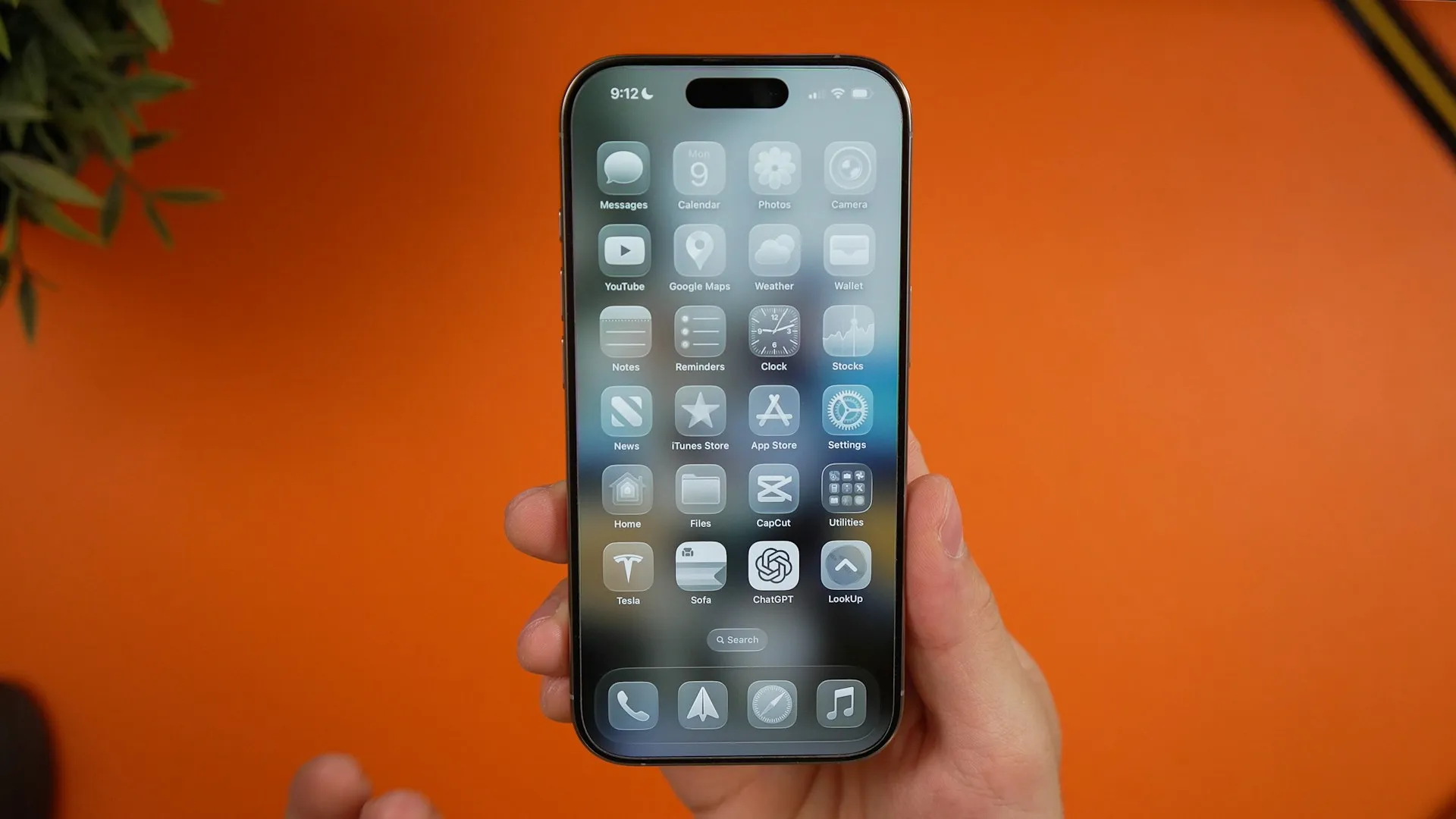

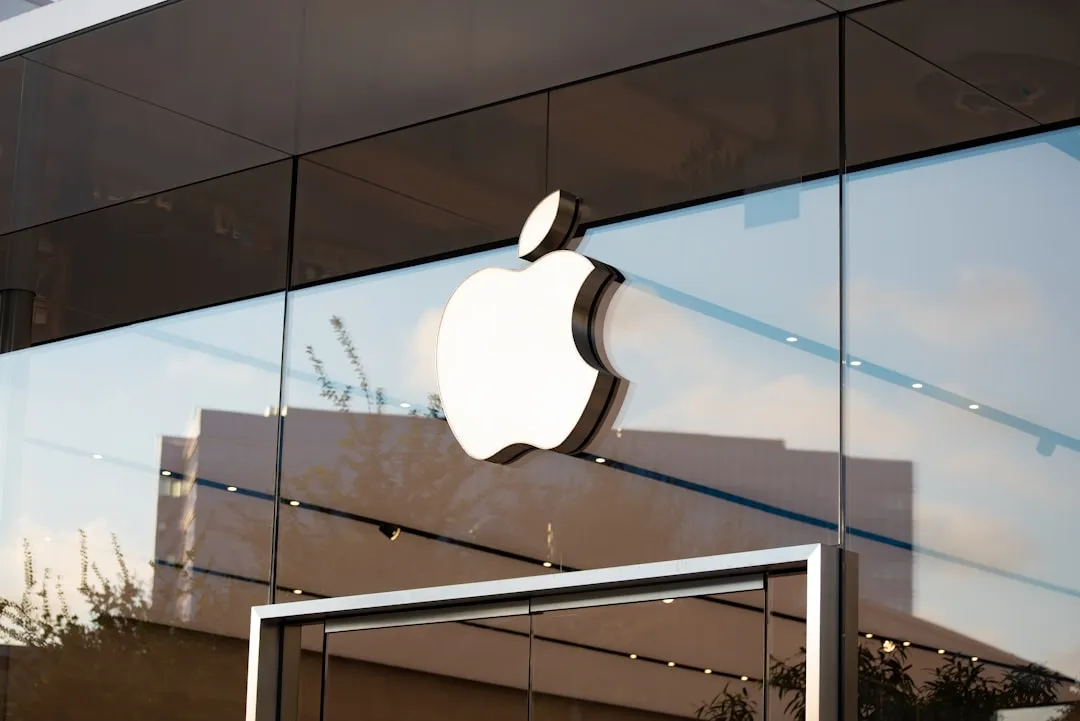



Comments
Be the first, drop a comment!